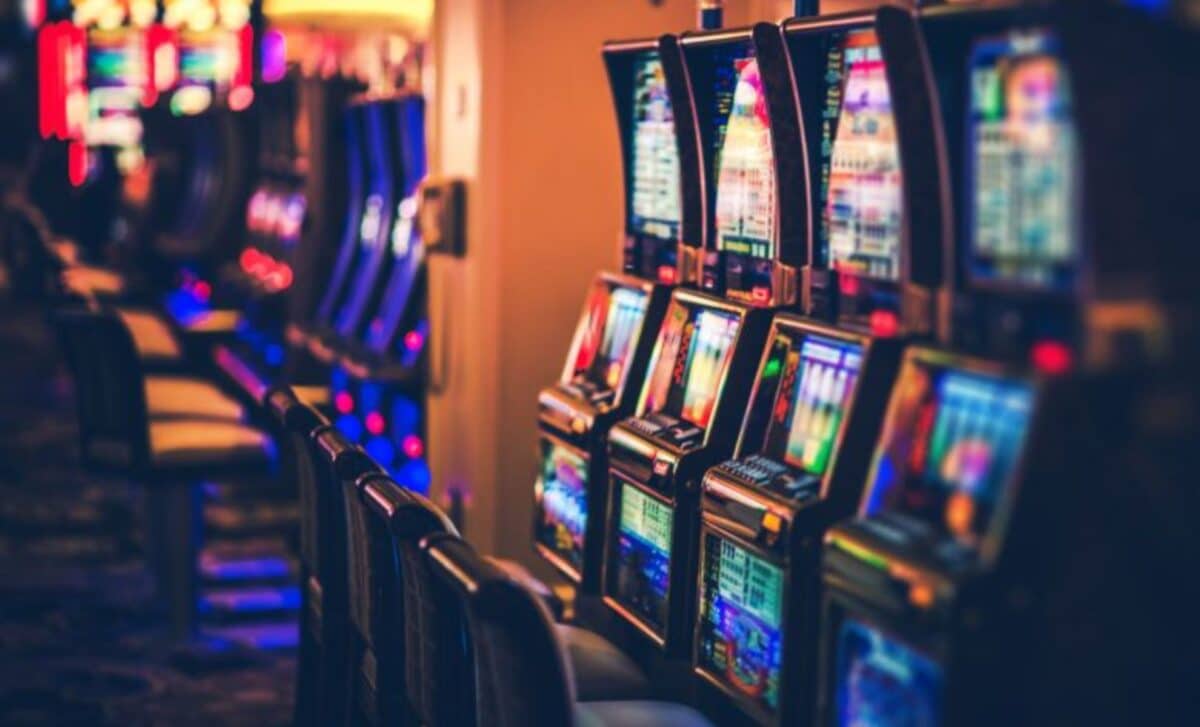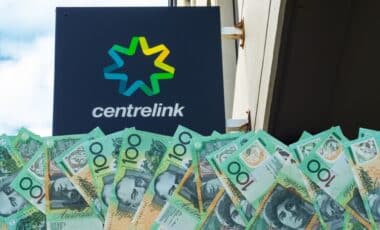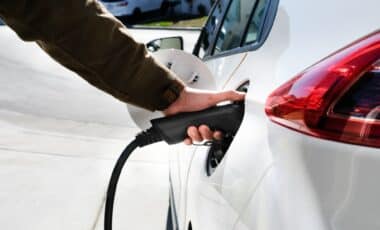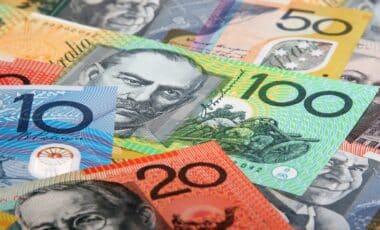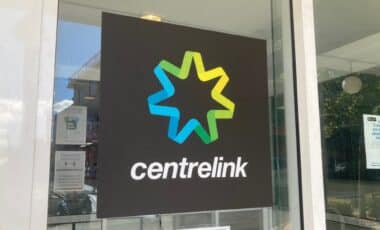The New South Wales (NSW) government has abandoned its pre-election commitment to remove 9,500 poker machines, arguing that the measure would not significantly reduce gambling harm.
The decision follows advice from an independent panel that included industry representatives, stating that a buyback scheme would cost $60 million without delivering meaningful results.
Policy Reversal After Election Commitment
Before the NSW state election, senior Labor figures, including now-Treasurer Daniel Mookhey, positioned the poker machine reduction as a key policy to distinguish their party from the Liberal opposition.
Speaking in 2023, Mookhey stated: “We want to see fewer poker machines in NSW, faster,” outlining a plan to remove 9,500 machines over five years through a buyback scheme and a separate forfeiture model.
However, during a parliamentary hearing, Gaming Minister David Harris confirmed that the government no longer supports this approach.
“You make those commitments before an election, then you actually get in and do the work and realise…” he said before being interrupted. Harris explained that evidence now indicates the number of machines is less critical than the intensity of play in contributing to gambling harm.
According to Harris, allocating $60 million to remove machines would not significantly impact gambling-related issues. Instead, these funds could be redirected towards harm minimisation strategies.
The decision was influenced by findings from an independent panel, which included industry groups such as Clubs NSW, the Australian Hotels Association, and Gaming Technologies Australia, alongside representatives from social services, unions, and academics.
Industry Panel Findings and Opposition Response
A report from the panel’s executive committee advised the government that a buyback scheme would be costly and unlikely to significantly affect gaming machine numbers. “A buy-back scheme will be costly, estimated to be at least $60 million, and not likely to impact gaming machine numbers in a significant way,” the report stated.
However, the panel suggested that any buyback programme should be voluntary, transparent, and open to NSW clubs and hotels.
The policy shift has sparked criticism from opposition figures. Kevin Anderson, the shadow minister for gaming, accused the government of breaking a key election promise.
“We’ve got Daniel Mookhey on one hand making this evidence-based commitment in the lead-up to the election, and now the Minister for Gaming saying the evidence doesn’t stack up,” he said.
Anderson further argued that Labor has failed to introduce meaningful measures to address problem gambling. Despite the reversal on machine reduction, the NSW government has introduced alternative measures to regulate the gaming industry.
These include banning advertising outside poker machine venues and prohibiting gambling ads on public transport. The government maintains that its revised approach prioritises effective harm minimisation over machine reduction alone.

